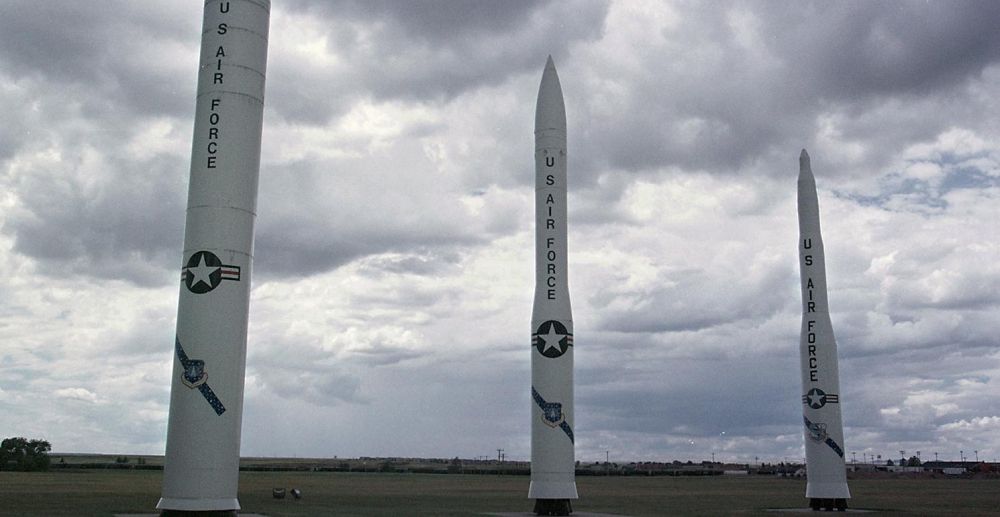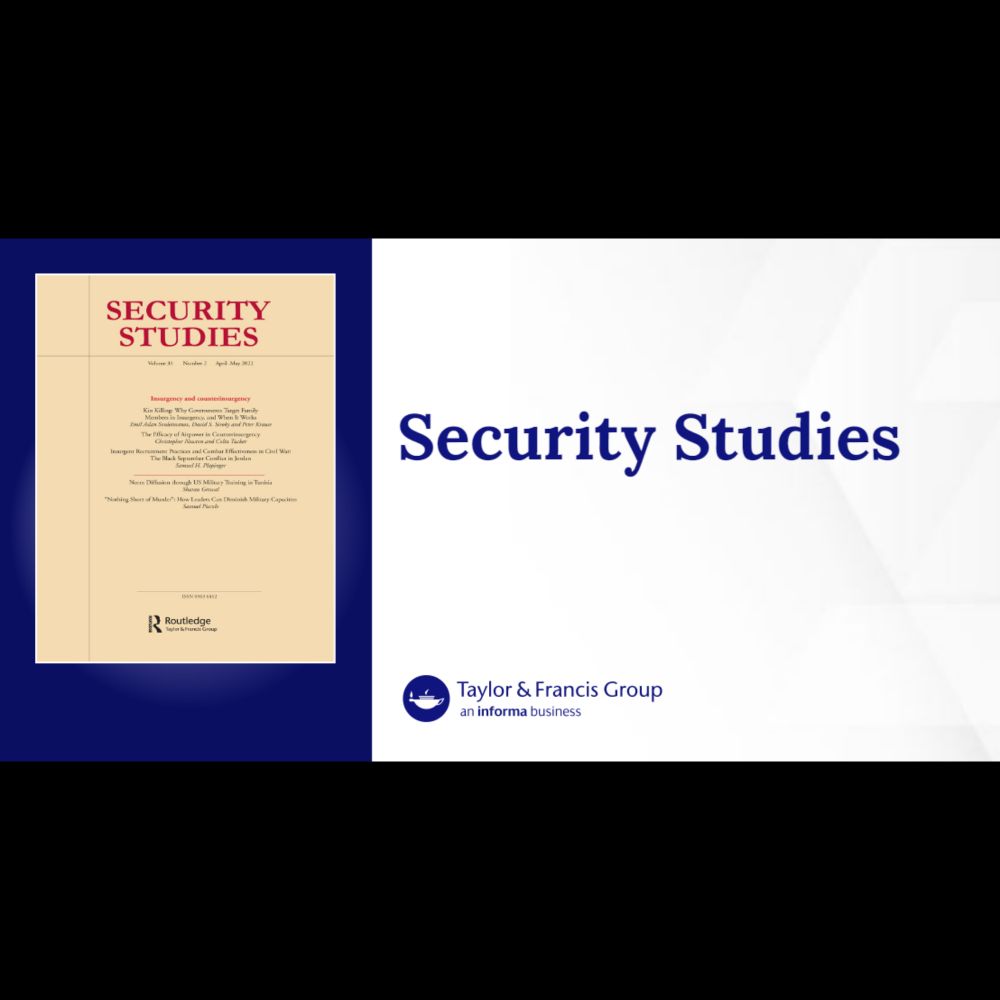
Whether the public backs nuclear use can sway leaders’ preferences and affects external perceptions of the credibility of deterrence.
doi.org/10.1017/eis....
Whether the public backs nuclear use can sway leaders’ preferences and affects external perceptions of the credibility of deterrence.
doi.org/10.1017/eis....
Our discussion on all this and more with
@laurensukin.bsky.social and Nicola Leveringhaus: tnsr.org/horns-of-a-d...

Our discussion on all this and more with
@laurensukin.bsky.social and Nicola Leveringhaus: tnsr.org/horns-of-a-d...
In @foreignpolicy.com, @laurensukin.bsky.social, @lanoszka.bsky.social, and I provide analysis on how publics around the world viewed the Biden administration's extensive but restricted military aid to Ukraine in 2022-2023.
foreignpolicy.com/2025/10/20/u...

In @foreignpolicy.com, @laurensukin.bsky.social, @lanoszka.bsky.social, and I provide analysis on how publics around the world viewed the Biden administration's extensive but restricted military aid to Ukraine in 2022-2023.
foreignpolicy.com/2025/10/20/u...
The nuclear landscape is more complex than ever. Our multi-author roundtable chaired by @laurensukin.bsky.social and @rohanmukherjee.bsky.social explores the evolving challenges, from Asia to Europe and the Middle East. 🌍⚛️
tnsr.org/roundtable/n...

The nuclear landscape is more complex than ever. Our multi-author roundtable chaired by @laurensukin.bsky.social and @rohanmukherjee.bsky.social explores the evolving challenges, from Asia to Europe and the Middle East. 🌍⚛️
tnsr.org/roundtable/n...
📖 Read here: tnsr.org/roundtable/n...

📖 Read here: tnsr.org/roundtable/n...
warontherocks.com/2025/09/wash...

warontherocks.com/2025/09/wash...
We conducted public opinion surveys in 24 countries on 6 continents.
journals.sagepub.com/doi/10.1177/...

We conducted public opinion surveys in 24 countries on 6 continents.
journals.sagepub.com/doi/10.1177/...
journals.sagepub.com/doi/10.1177/...

journals.sagepub.com/doi/10.1177/...
Our new article with @ghwinger.bsky.social & @laurensukin.bsky.social explores how the American public reacts to potential security crises. ⬇️
www.tandfonline.com/doi/full/10....

Our new article with @ghwinger.bsky.social & @laurensukin.bsky.social explores how the American public reacts to potential security crises. ⬇️
www.tandfonline.com/doi/full/10....
Read our open access article here:
www.tandfonline.com/doi/pdf/10.1...
Read our open access article here:
www.tandfonline.com/doi/pdf/10.1...

I revisit the nuclear superiority lit in my latest for Carnegie Endowment & argue this approach “is unlikely to be helpful” in the current geopolitical environment.
t.co/fTCGpH9BeI

I revisit the nuclear superiority lit in my latest for Carnegie Endowment & argue this approach “is unlikely to be helpful” in the current geopolitical environment.
t.co/fTCGpH9BeI
Read our JCR article here: journals.sagepub.com/doi/pdf/10.1....

Read our JCR article here: journals.sagepub.com/doi/pdf/10.1....

doi.org/10.1080/0963...

doi.org/10.1080/0963...

